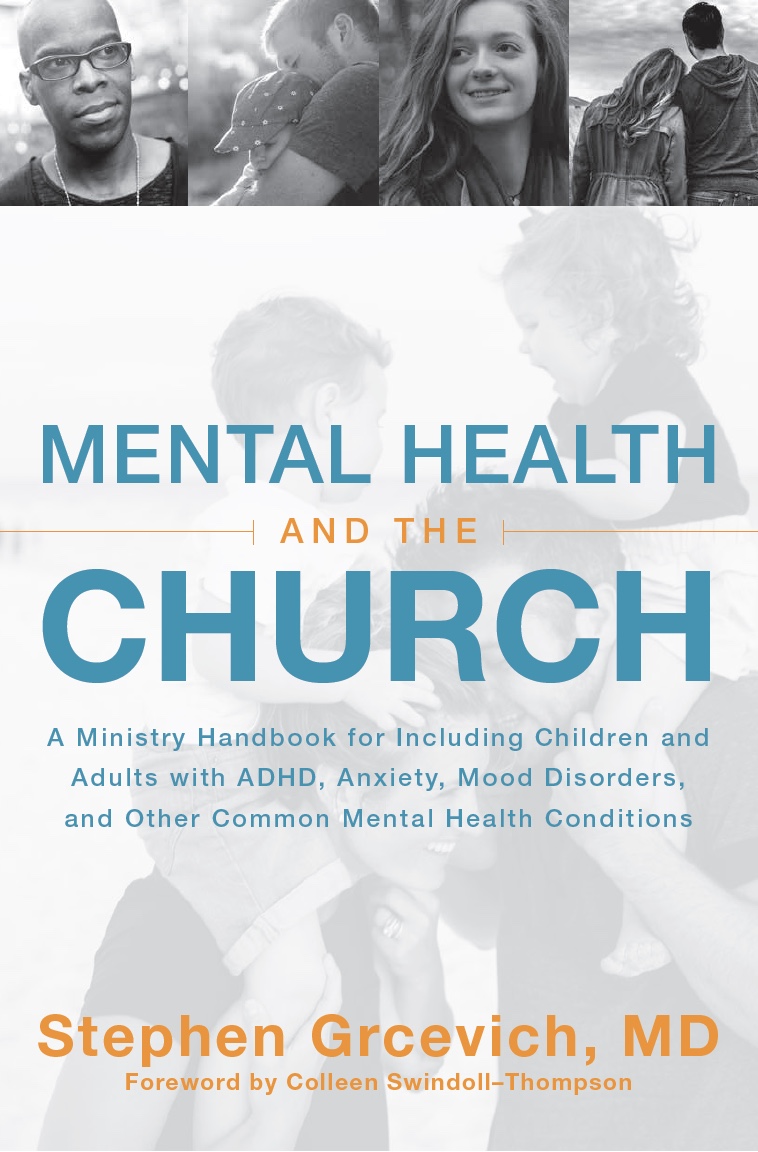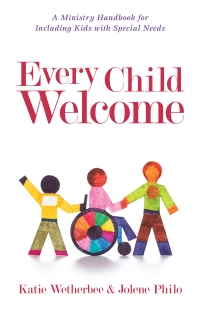 Today, I’d like to direct our readers to a landmark study that’s received lots of attention in the larger medical community examining the lasting impact of childhood trauma and/or abuse well into adulthood.
Today, I’d like to direct our readers to a landmark study that’s received lots of attention in the larger medical community examining the lasting impact of childhood trauma and/or abuse well into adulthood.
The Adverse Childhood Experiences (ACE) Study was a large study (conducted with funding from the U.S. Centers for Disease Control) of 17,000+ adults who completed screening questionnaires as part of a health evaluation offered through their HMO in San Diego County, California. As part of the evaluation, a survey questionnaire was developed to screen for eight “adverse childhood experiences” (ACEs) including emotional, physical and sexual abuse, household dysfunction, exposure to violence and divorce. The number of ACEs was used as a measure of cumulative childhood stress to assess the impact of such stress on eighteen different health-related outcomes during adulthood. The study hypothesis was that a “dose-response” effect would be observed between exposure to toxic stress during childhood and health status in adulthood. The authors also hypothesized that the integrated nature of our neuroanatomic and physiologic regulatory systems would result in more “comorbid” outcomes…damage from toxic stress would lead to more negative health outcomes including a broader range of organ/body systems as the exposure to traumatic events increased.
The authors used adults with no exposure to toxic stress (0 ACEs) in childhood as the baseline, and compared health impacts associated with 1, 2, 3 or 4+ ACEs. Here’s what they found…
Mental health: For persons with ≥ 4 ACEs, the risk of panic reactions, depressed affect, anxiety, and hallucinations were increased 2.5-, 3.6-, 2.4 and 2.7-fold, respectively.
Somatic health disturbances (eating/sleeping): The risk of sleep disturbance, severe obesity, and multiple somatic symptoms were increased 2.1-, 1.9-, and 2.7-fold, respectively, for persons with 4 or more ACEs.
Substance Use/Abuse: The risk of smoking, alcoholism, illicit drug use, and injected drug use were increased 1.8-, 7.2-, 4.5-, and 11.1-fold, respectively, for persons with ≥ 4 ACEs.
Sexual Behavior: The risk of early intercourse, promiscuity, and sexual dissatisfaction were increased 6.6-, 3.6-, and 2-fold, respectively, for persons with ≥ 4 ACEs.
Memory Impairment: The risk of impaired memory of childhood was increased 4.4-fold for persons with ≥ 4 ACEs. The number of age periods affected for memory disturbances increased in a graded fashion as the ACE score increased.
Stress, Anger Management, Violence: Adults who had experienced ≥ 4 ACEs were 2.2 times more likely to experience a high perceived stress level, four times more likely to experience difficulty controlling anger and 5.5 times more likely to perpetrate violence toward an intimate partner.
 The authors demonstrated (link to graph here) that the number of negative, comorbid health outcomes increased in linear fashion as the number of ACEs increased, and overall, the number of negative health outcomes tripled among adults who experienced 7-8 ACEs compared to adults with no ACEs.
The authors demonstrated (link to graph here) that the number of negative, comorbid health outcomes increased in linear fashion as the number of ACEs increased, and overall, the number of negative health outcomes tripled among adults who experienced 7-8 ACEs compared to adults with no ACEs.
So…what should we make of this?
- The impacts of childhood trauma and abuse are multiple, and may not fully become manifest until later in adult life.
- Christians…and the church can have an enormous impact through helping children to grow up in loving and supportive homes that offer protection (to the degree possible) from toxic stress. Aside from the spiritual benefits from growing up in a loving home where kids are exposed to the Gospel, members of the church provide a significant benefit to the public good through providing foster homes and adopting kids without families willing or capable of providing a safe and nurturing environment.
- The church also has an opportunity to provide relationships, encouragement and resources to parents who themselves were exposed to multiple ACEs so that they might break free of the multigenerational cycles of abuse and neglect that continue to imprison far too many adults and children in our culture.
Updated March 1, 2016
***********************************************************************************************************
 Key Ministry is pleased to make available our FREE consultation service to pastors, church leaders and ministry volunteers. Got questions about launching a ministry that you can’t answer…here we are! Have a kid you’re struggling to serve? Contact us! Want to kick around a problem with someone who’s “been there and done that?” Click here to submit a request!
Key Ministry is pleased to make available our FREE consultation service to pastors, church leaders and ministry volunteers. Got questions about launching a ministry that you can’t answer…here we are! Have a kid you’re struggling to serve? Contact us! Want to kick around a problem with someone who’s “been there and done that?” Click here to submit a request!





I will be testifying to the Kansas Legislature, in support of Erin’s Law, during this current session.
I testify from my own childhood experieces of sexual abuse. God help the children, by raising up adults and ppl in authority to take a stand!!
LikeLike
Pingback: Preventing Adverse Childhood Experiences [Videos] - Church and Mental Health